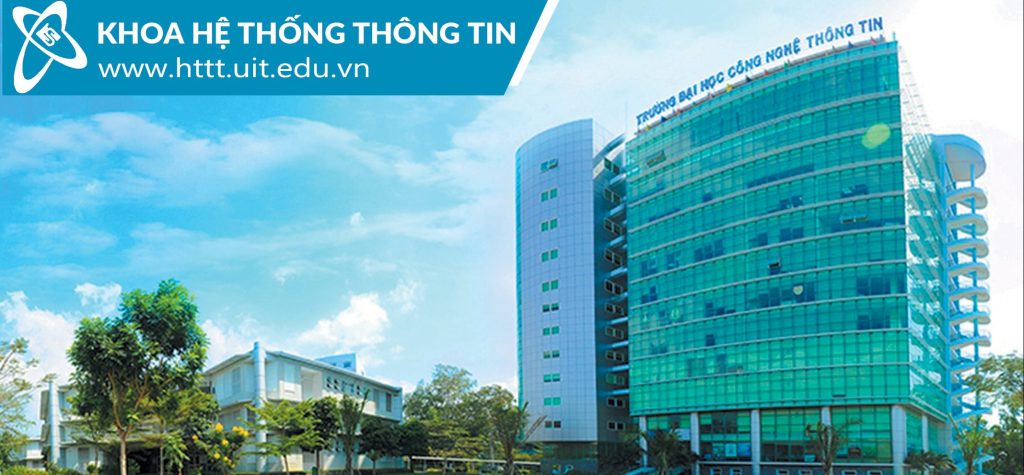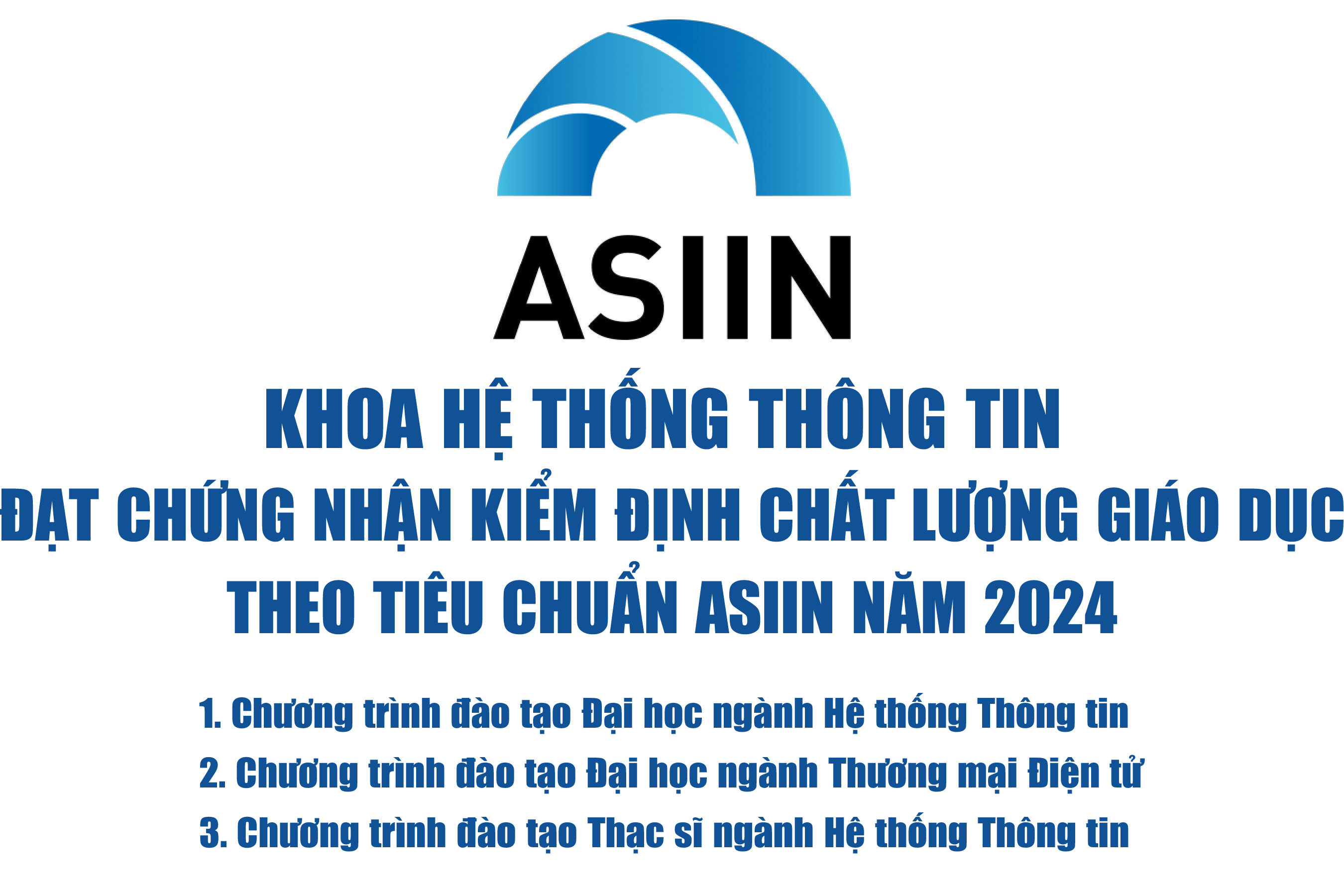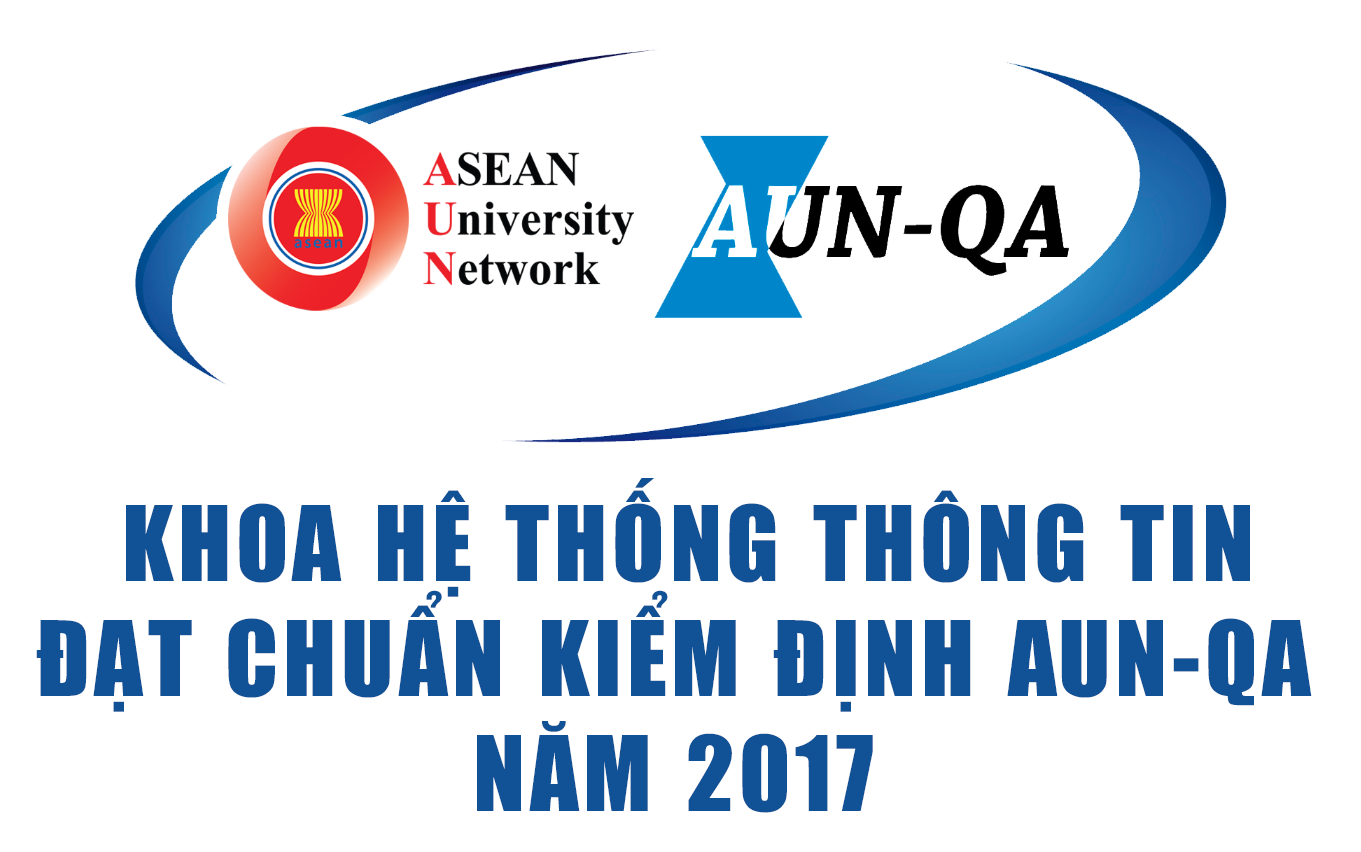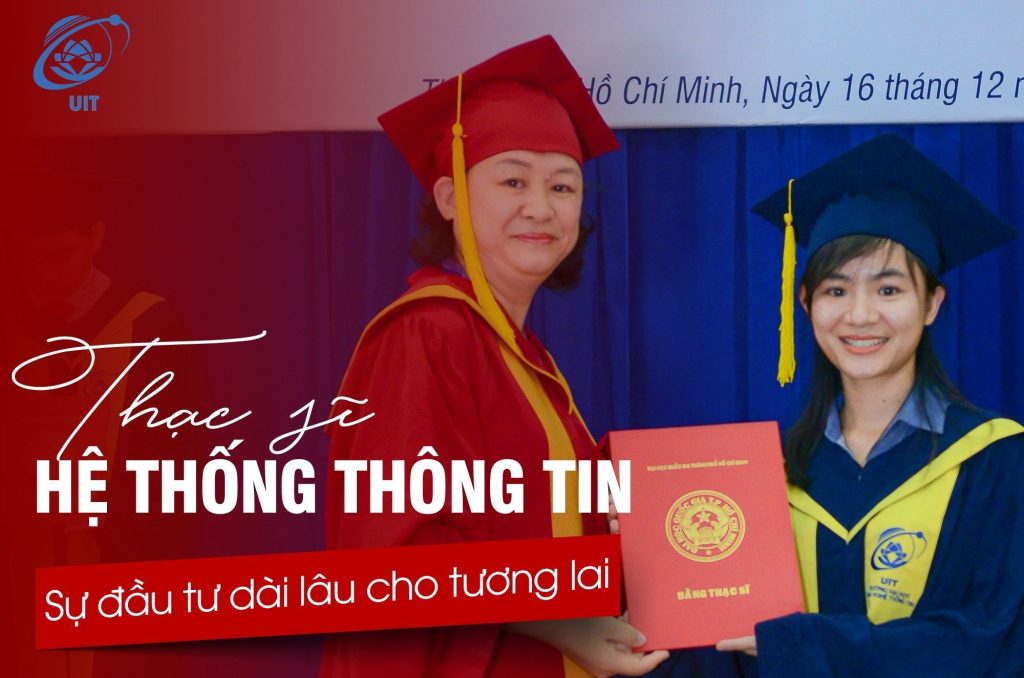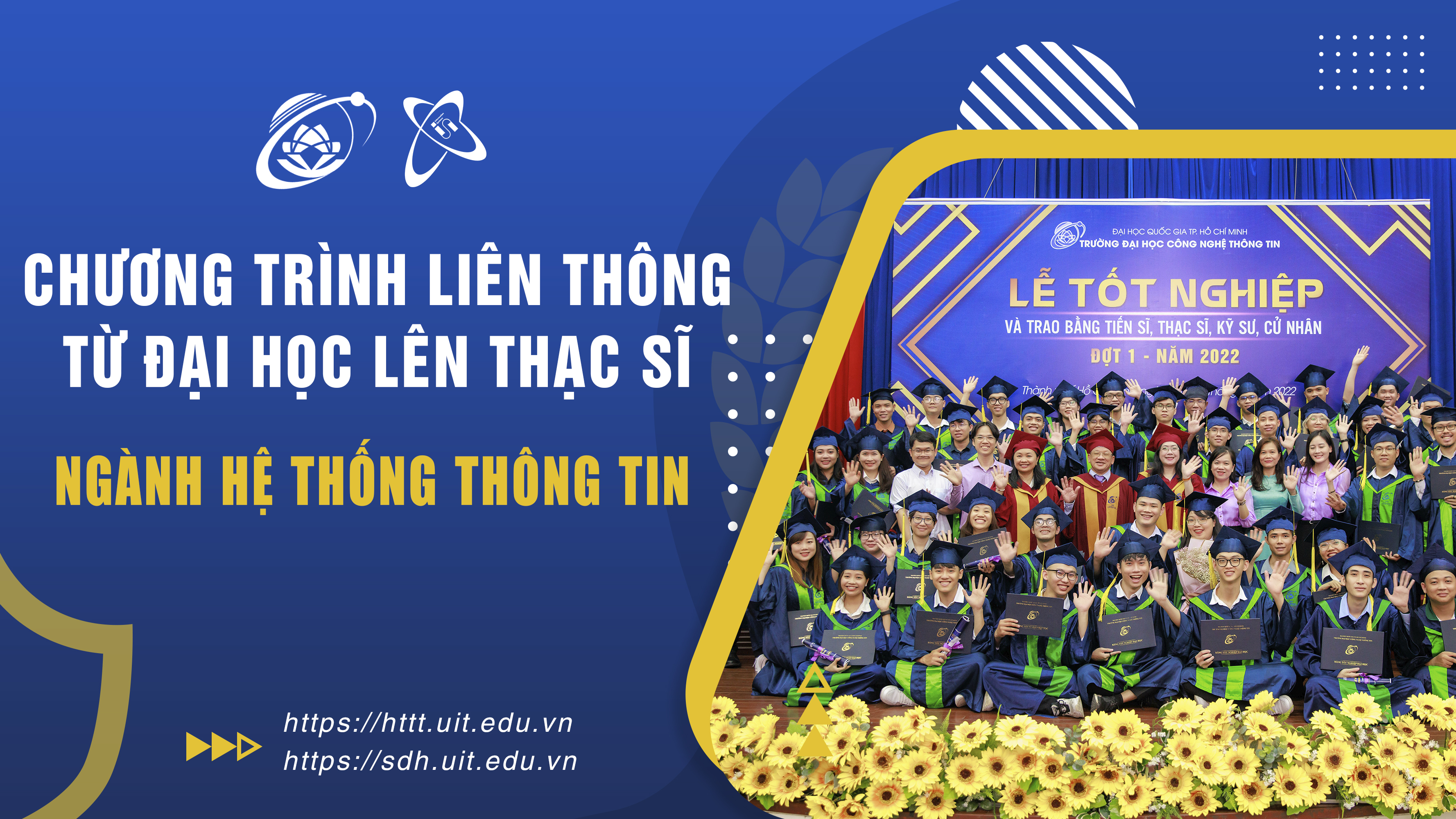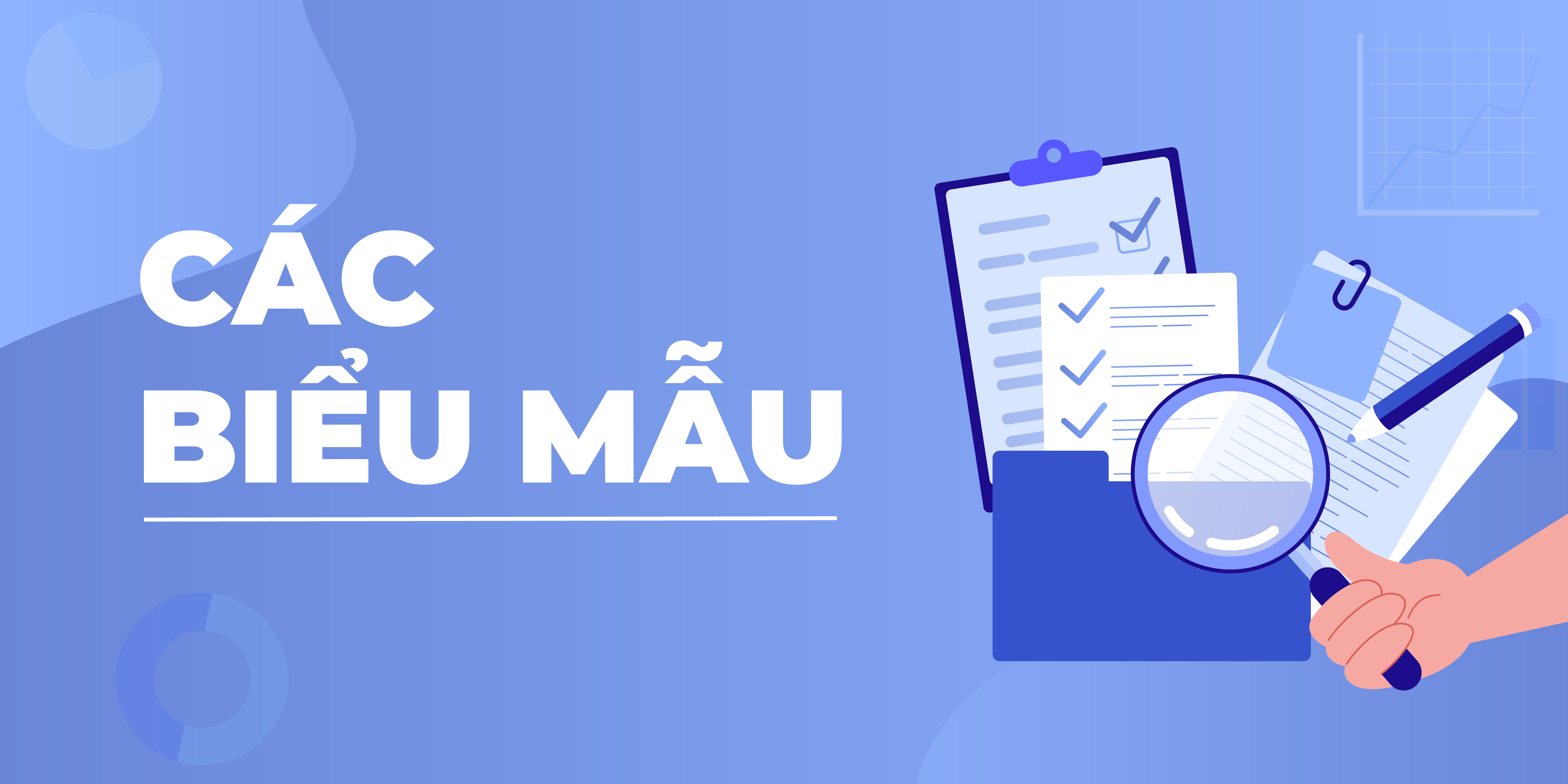The High-Quality Program in Information Systems has been admitted for the first academic year since 2014. From 2022, the high-quality program will be integrated into the standard program under the University’s new admission scheme.
1. Education objectives
The high-quality program and the standard program of the Information Systems major have similar learning outcomes and program structure, but the learning outcomes of the high-quality program are qualified foreign language and professional competence, which are higher than in the standard program. The high-quality program’s foreign language learning outcomes are one level higher than those of the standard program, and a number of significant learning outcomes for soft skills and technical abilities are more advanced than those of the standard program. The following significant elements contribute to this distinction:
- To help students easily acquire the high-demand foreign language skills and improve the effective interaction of teachers in foreign language teaching, the foreign language training program is specifically designed in the direction of increasing the number of lessons in small classes. Students are divided into classes according to their level. Additionally, students can take some specialized subjects in foreign languages, which will have a noticeable difference from the standard program.
- Smaller classes in high-quality programs enable lecturers to closely monitor students’ learning. Additionally, the class is set up with teaching assistants to aid the theoretical lecturers in guiding students and grading assignments in class, along with a group of additional lecturers to assist students in practice. High-quality students’ professional skills are improved and tracked through each stage of each subject by applying more theory and practice.
UIT has a system of staff members to serve and support the high-quality program, which brings high efficiency and helps students in this program achieve their learning outcomes. In addition to class time, students in this program have access to a variety of extracurricular activities to help them become more aware of careers and soft skills. These activities include company visits, team-building exercises, foreign language clubs, gifted clubs, and business workshops to share interview experiences, CV writing, soft skills, and professional skills. In order to facilitate students in the standard program and high-quality program to be able to change the program during their studies, the high-quality program curriculum for the Information System major is built like the standard program curriculum for the Information System major. However, some subject learning outcomes in the high-quality program curriculum will be higher than that of the standard program curriculum, emphasizing the element of achieving the objective of foreign language proficiency and practice, especially basic and specialized subjects study in English. Subjects that differ from the standard program are collectively referred to as high-quality subjects and are detailed in section 2. According to regulations on foreign language training for the university system of the University of Information Technology, students of the high-quality program are additionally required to complete English 4 and English 5 in addition to English 1, English 2, and English 3 as students of the standard program.
B. Program Duration
-
Type of training: Full time
-
Training duration: 4 years (8 semesters)
-
Training system: Regular
-
Name of the program: The full-time engineering program.
-
Level: Undergraduate.
-
Field of study: Information systems.
-
Qualification: Bachelor of Information Systems Engineering
C. Learning environment
- Students are instructed by experienced professional lecturers with Master degree or higher degree; moreover, they have dedicated numerous scientific research to the society.
- Students are facilitated by lecturers who play the roles of teaching assistants and learning consultants in their learning process
- Students are included in small size groups from 30 to 45 students per lecture class and a maximum of 20 students in a practice/discussion class
- Classrooms are equipped with high quality devices such as projectors, internet, wifi, air conditioners, and modern sound systems
- Students can learn in modern self-study rooms and freely use open foreign textbook library
- Students are trained to enhance their English ability during the learning process.
- Students are introduced to entrepreneurs and work for them after graduation
- Students are picked up by cars from the center to the university in Thu Duc and vice versa
D. Learning Outcomes and Curriculum
Information systems bachelor’s degree graduates have achieved learning outcomes in terms of knowledge, skills and attitudes. In terms of professional competence, foreign language proficiency, information technology application capacity, and the capability to lead and work in a team, the learning outcomes of high-quality programs must be higher than those of the corresponding standard programs. The training program and study plan are the same as those for the regular program, however, English 4 and 5 are two additional subjects that are taught in semesters 4 and 5. Encourage lecturers to teach in English or bilingual (in both English and Vietnamese). Teaching a number of subjects in the professional knowledge block in English will be prioritized in the first stage. For detailed information on Learning outcomes and curriculum:
- Curriculum and study plan for the admission year 2021: please refer to the link
- Curriculum and study plan for the admission year 2020: please refer to the link
- Curriculum and study plan for the admission year 2019: please refer to the link
- Curriculum and study plan for the admission year 2018: please refer to the link
- Curriculum and study plan for the admission year 2017: please refer to the link
- Curriculum and study plan for the admission year 2016: please refer to the link
- Curriculum and study plan for the admission year 2015: please refer to the link
- Curriculum and study plan for the admission year 2014: please refer to the link
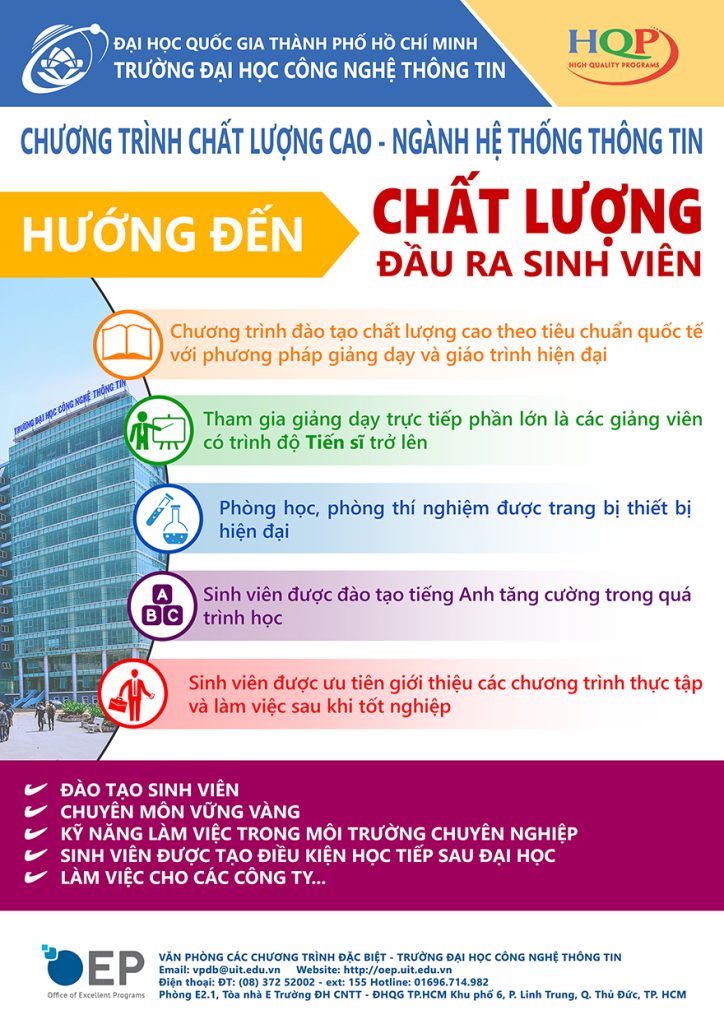 |
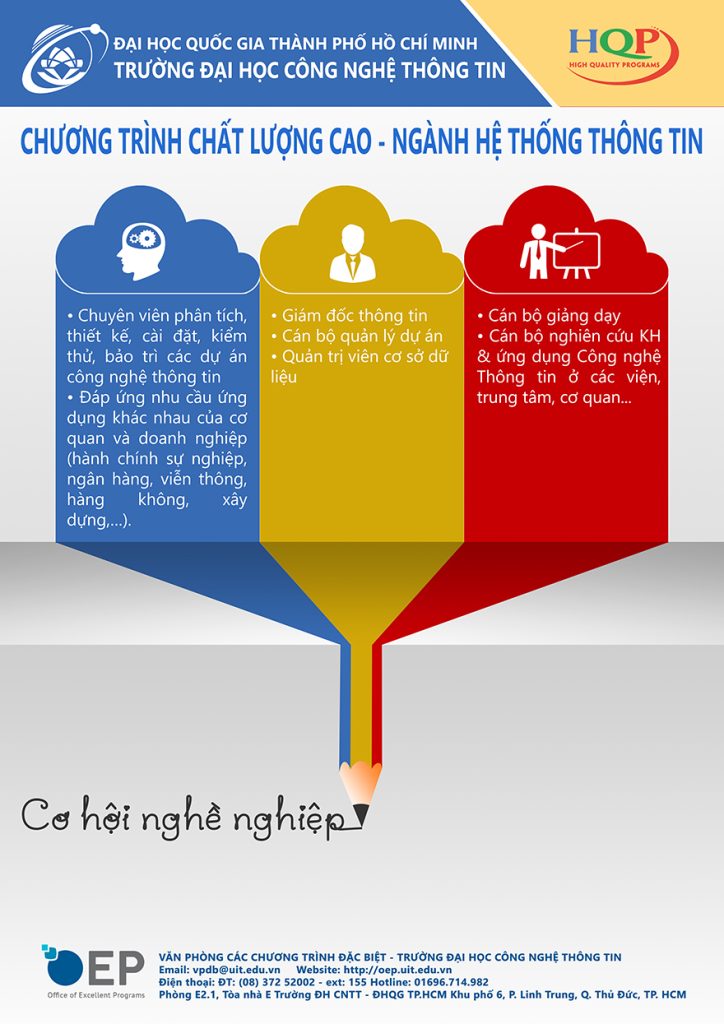 |

